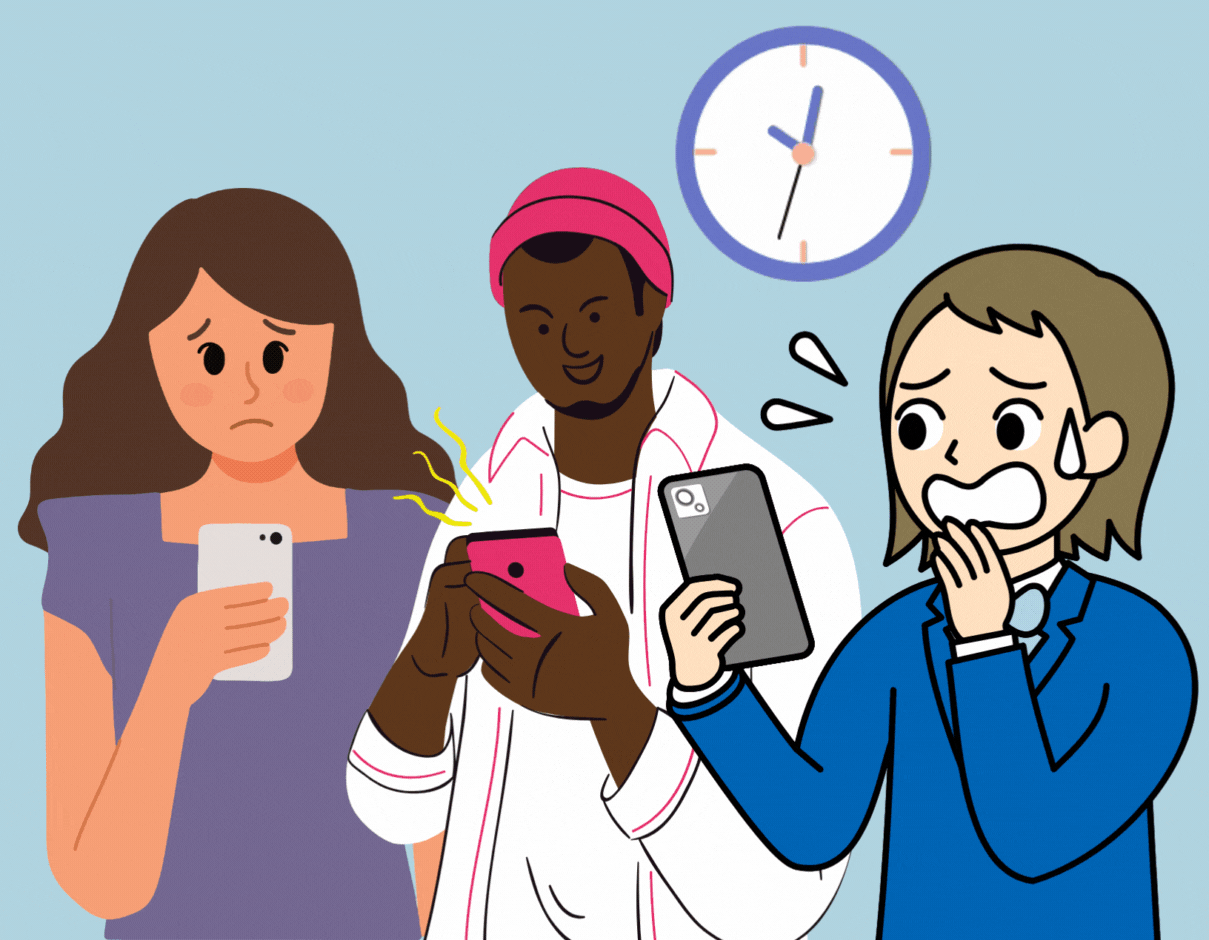Procrastination is an emotion management problem, not a time management one. Procrastination helps us manage the negative moods or emotions that the thought of doing an unappealing task might cause. These emotions may include anxiety, boredom, frustration, overwhelm, self-doubt, fatigue, insecurity, and resentment. Putting off a task that arouses such emotions in favor of a more appealing activity provides immediate short-term relief, but it compounds stress in the long term. The key to combating procrastination is to take emotions out of the equation; eliminate the option of doing the task at some future point when you imagine you’ll feel more like doing it and just do it now (or at least get it started).
When you find yourself procrastinating, check in with yourself. How are you feeling? Why are you avoiding doing the task? If you can identify the reason you’re procrastinating, you can more easily find the solution to help you stop procrastinating.
Not sure where to start?
Ask for help. Your course instructor and learning specialists are useful resources.
The task doesn’t feel urgent?
Start with a small subtask to get started. Allow yourself to stop after working for a minimum amount of time, such as 30 minutes.
The task feels complex?
Break it down into smaller, more manageable subtasks that you can accomplish in an hour or less. Set interim deadlines for major project milestones.
Not feeling motivated?
Reframe the task. For example, instead of thinking of it as something you have to do, think of it as something you want to do. What are the benefits of getting it done?
Schedule frequent check-ins with an accountability partner to help you meet your goals.
Having difficulty focusing?
Minimize external distractions, find a distraction-reduced workspace, and limit mind-wandering.
Strategize about the time of day you work on difficult, creative, or boring tasks. Plan to do these tasks at times of the day when you are most alert, energized, and focused. Plan to do easier, routine, or more fun tasks during times of the day when your energy is lower.
Is perfectionism getting in the way?
Try some realistic self-talk. (e.g., “This paper doesn’t need to be a masterpiece, but it does need to be completed,” or “This one assignment doesn’t define me as a learner/scholar.”)
Further Reading:
Lieberman, C. (2019, March 25). The New York Times. Why you procrastinate (it has nothing to do with self-control).
Willingham, D.T. (2023). Outsmart your brain: Why learning is hard and how you can make it easy. Gallery Books.
Written by Julianne Reynolds, Associate Director and Learning Specialist for International Students, Weingarten Center

